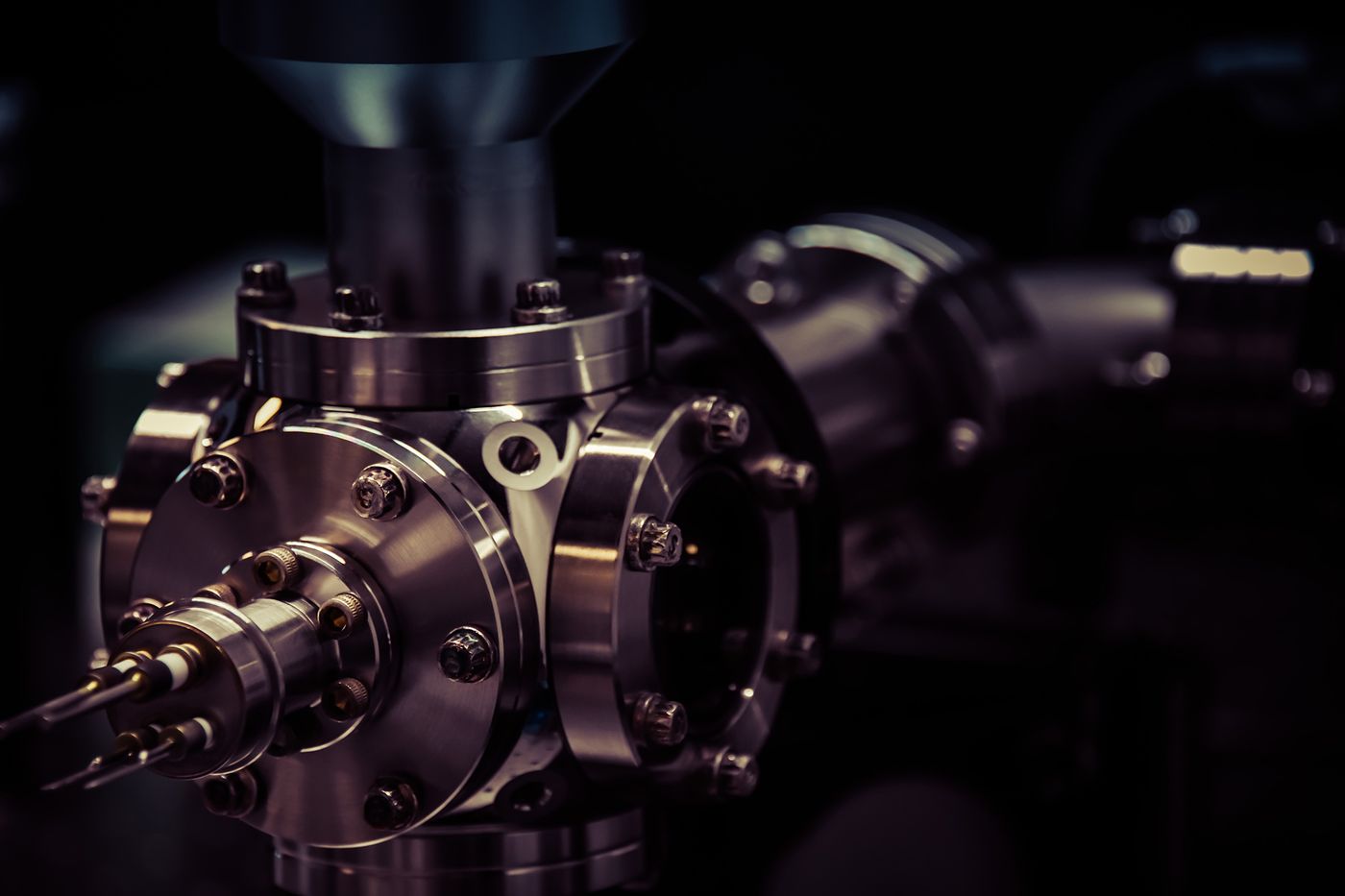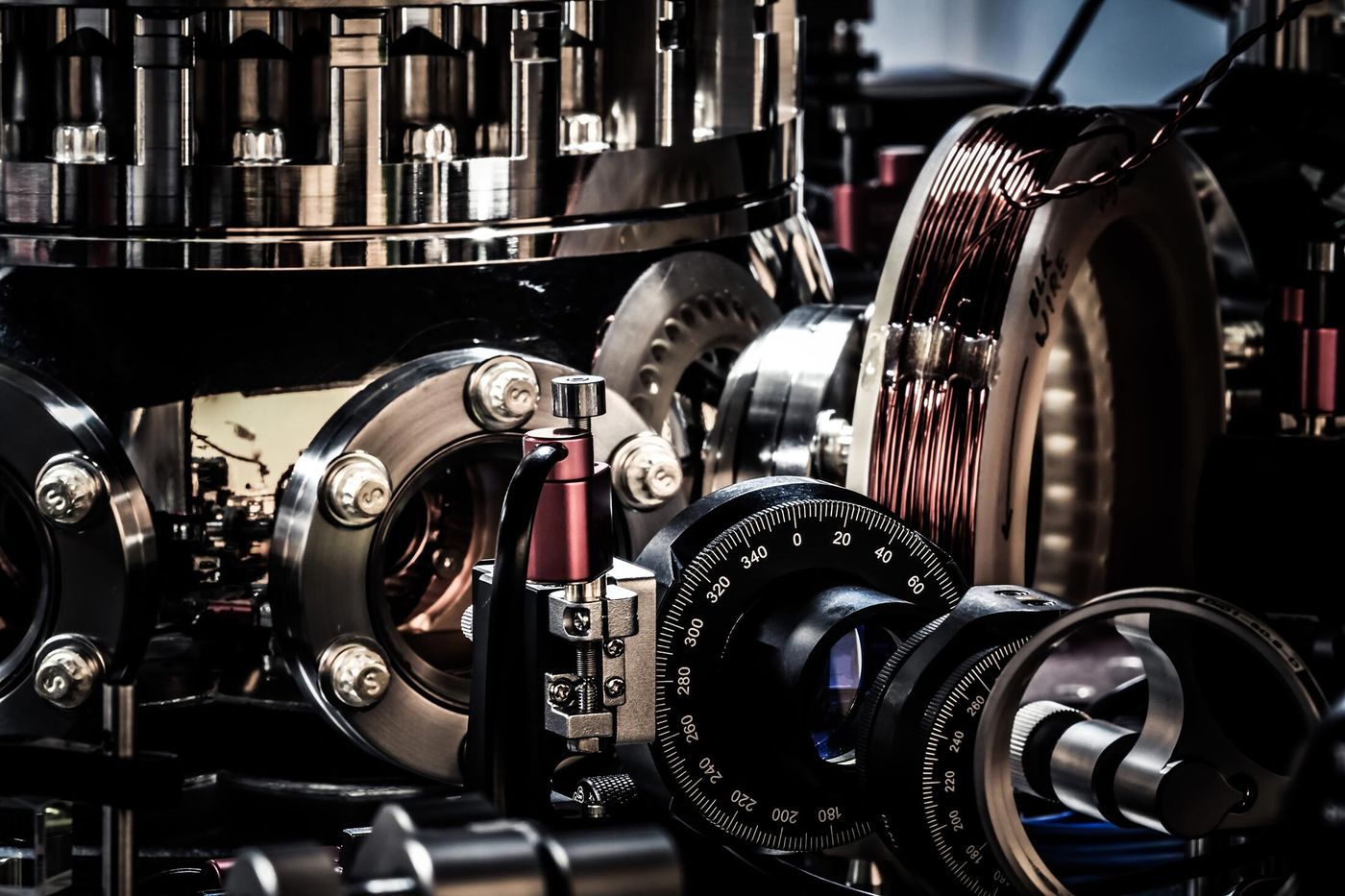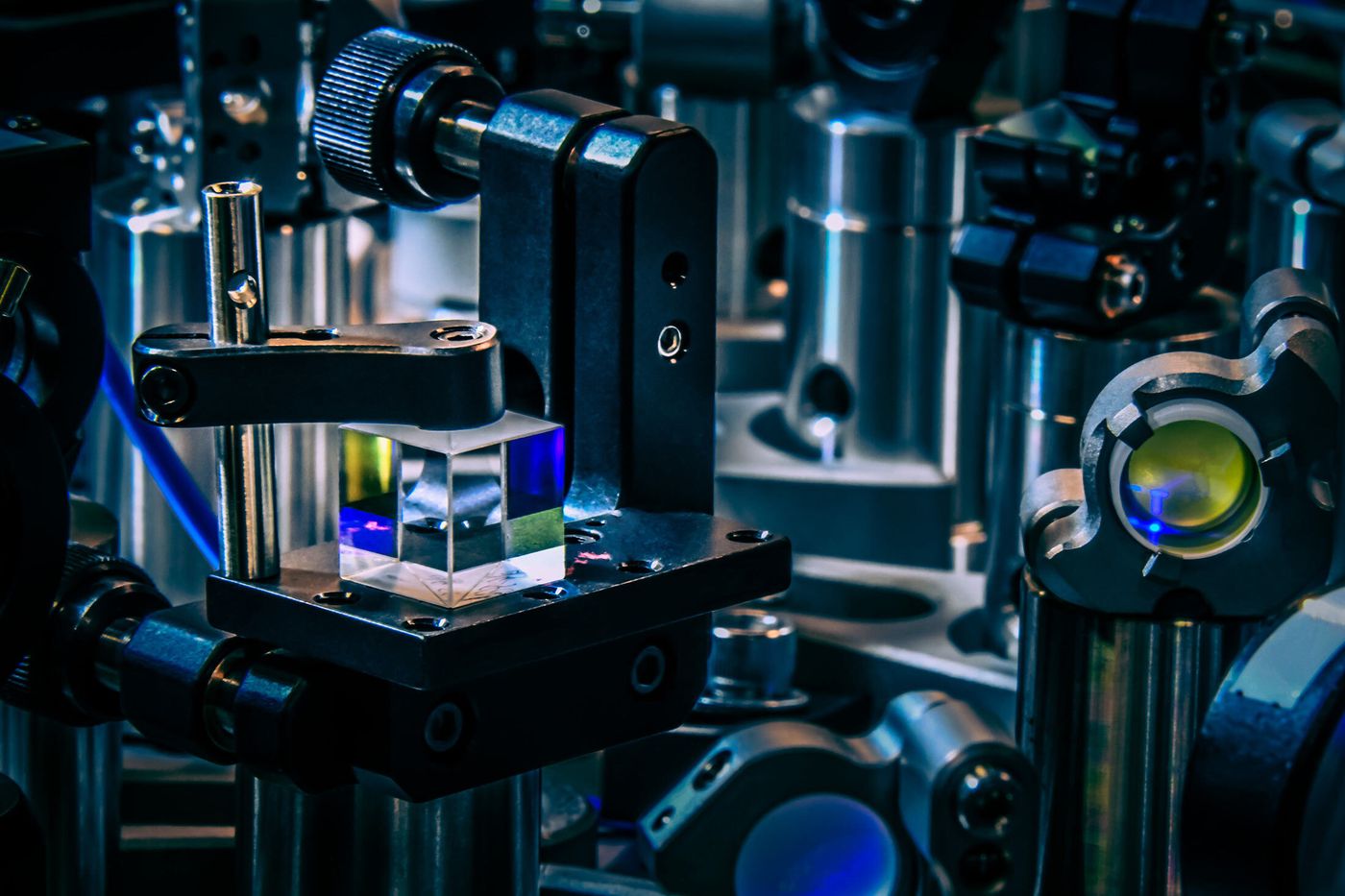Honeywell said its System Model H1 quantum computer has achieved a new record for quantum volume, a benchmark measuring overall effectiveness.
The system achieved a quantum volume of 512, the highest measured on a commercial quantum computer to date, Honeywell said.
The figure is a fourfold increase over first generation of the System Model H1, which registered a 128 quantum volume on its release in September 2020.
Honeywell said the system’s performance, along with low error mid-circuit measurement, gives developers “unique capabilities” with which to test quantum applications.

Performance
Quantum computers make use of quantum effects to deliver computing power that, in theory, could surpass that of the most advanced silicon-based supercomputers.
While general-purpose systems are currently a long way off, a number of companies are testing systems and making them available to organisations looking to get a head start in developing for the technology.
IBM developed quantum volume in 2017 as a way of measuring a quantum system’s overall performance. It’s made up of a number of other measurements including the number of qubits, their connectivity, gate fidelity and error rate.
Honeywell prefers the measurement due to its particular approach, which emphasises using a lower number of qubits but delivering high-fidelity operations and low crosstalk, or noise, with mid-circuit measurements and conditional feedback.

Scalability
The quantum volume measurement takes factors such as reliability into account to deliver a higher score, even though it features a relatively low 10 qubits.
By comparison, an IBM system with 27 qubits last year achieved a quantum volume of 64.
IBM and Honeywell are currently the only two companies regularly publishing quantum volume figures.
IBM, which uses superconducting qubits, says it is sceptical of Honeywell’s trapped-ion approach, saying it may have trouble scaling. Industry watchers say both technologies remain unproven.
In the meantime, Honeywell is offering access to its system via subscriptions, with prominent customers such as BP, BMW, JP Morgan Chase and Samsung testing applications on the platform.





